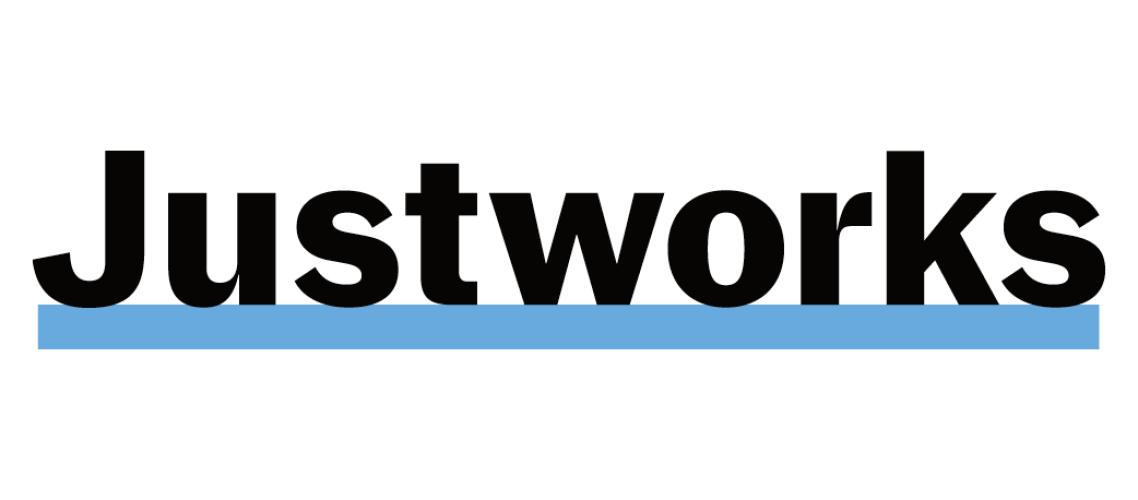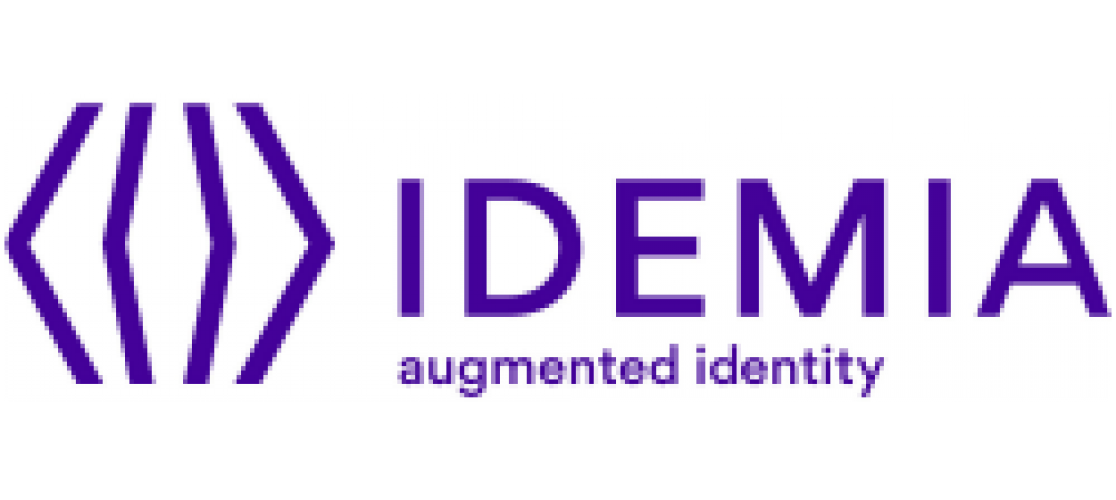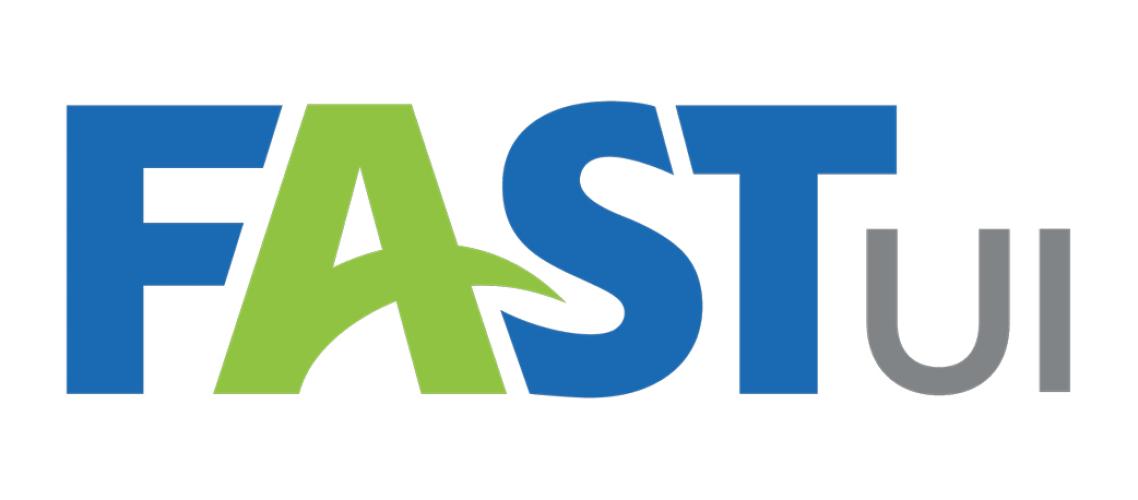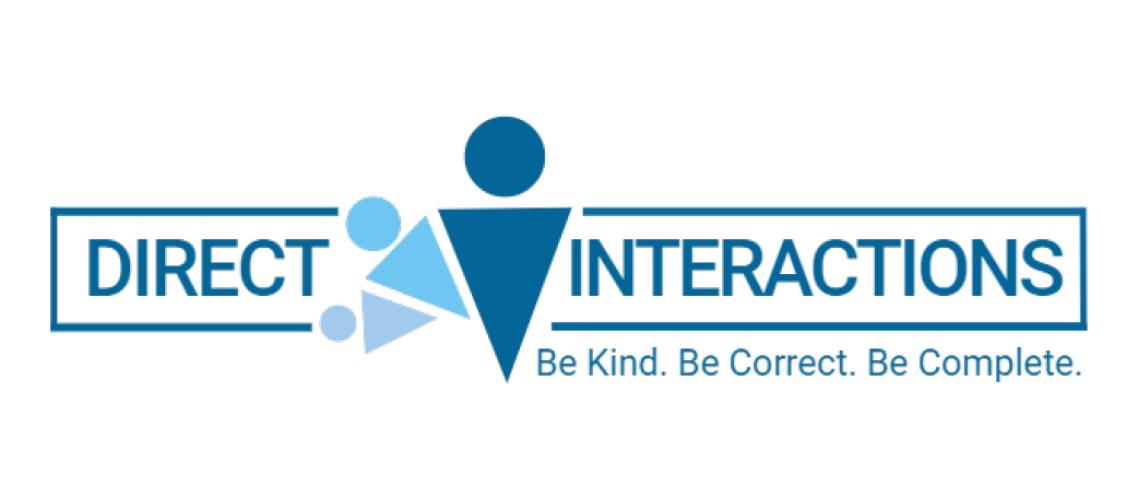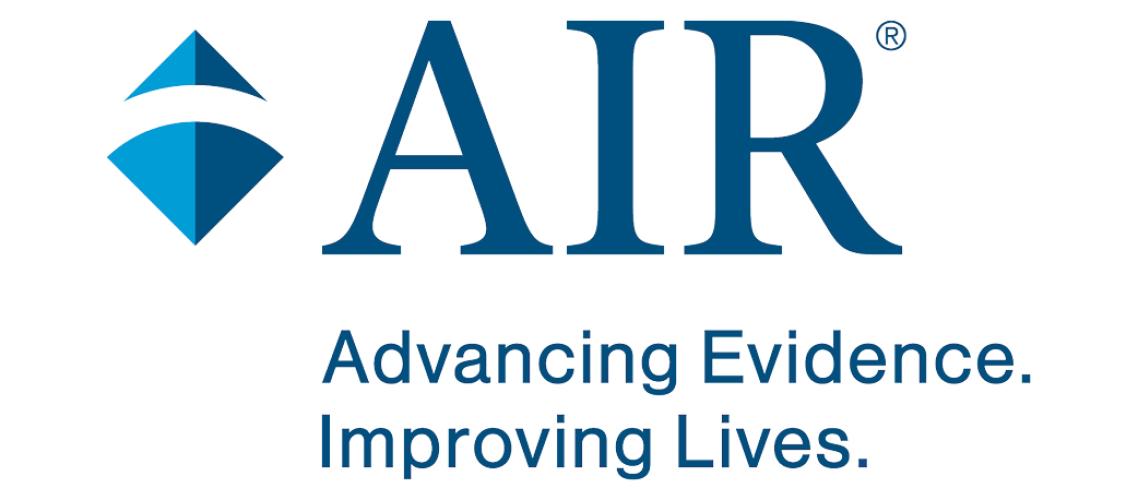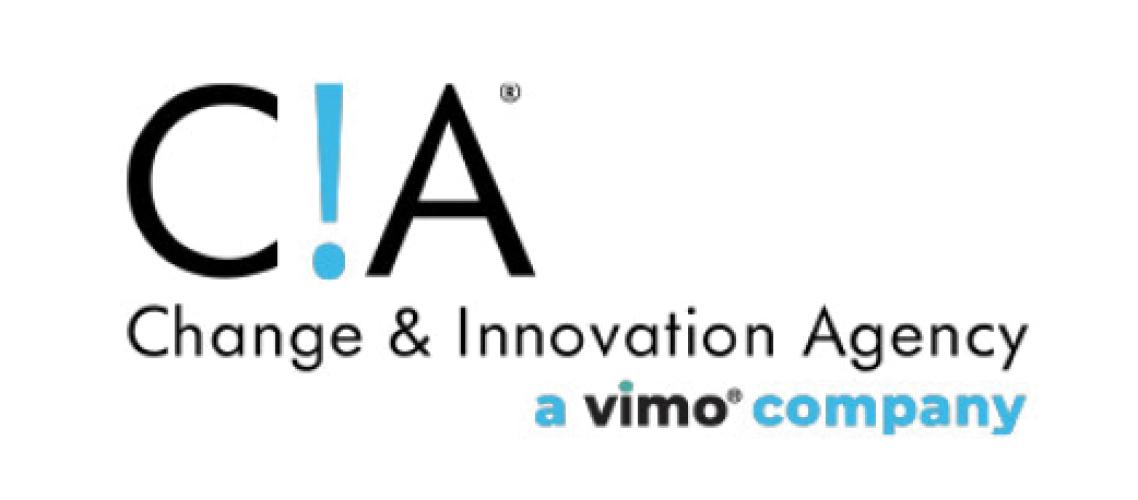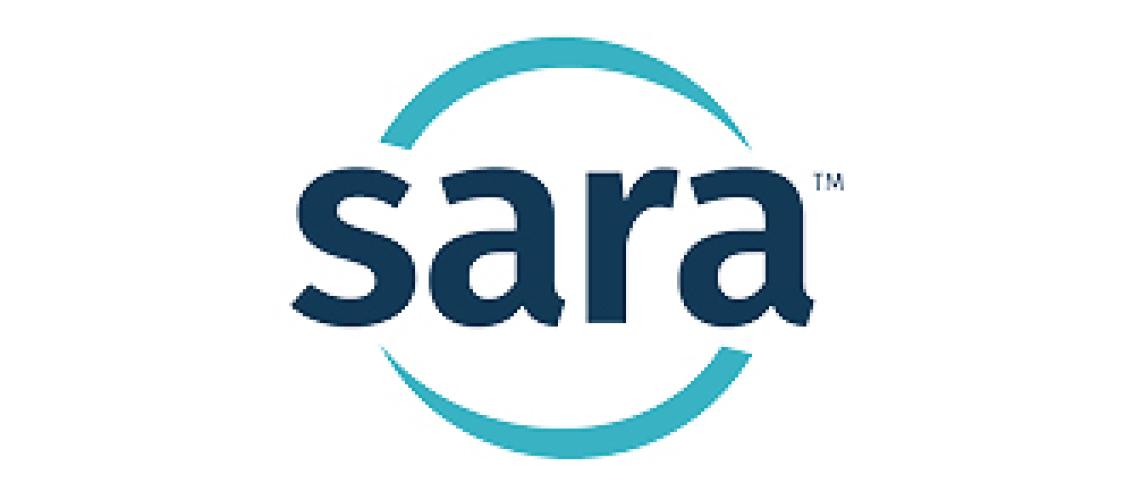Regional Data Collaboratives

Overview
The Multi-State Data Collaborative (MSDC) network was developed through a series of convenings of state policy, program, and data leaders who had an interest in developing a means for states to work together to address shared problems of policy and practice through data.
Midwest Collaborative (MWC)
The Midwest Collaborative (MWC) was formed in 2018 as a group of state agencies and research institutions interested in new data approaches to understand workers’ and learners’ labor market transitions and measure the labor market outcomes of education, work opportunities, and public interventions. The MWC developed two of the signature products of the Multi-State Data Collaborative network, the Unemployment to Reemployment Portal and the Multi-state Postsecondary Report.
The MWC pioneered the formal governance model now adopted by the MSDC and piloted an RFI process to foster partnerships with post-secondary and non-profit partners who can help advance state agencies’ capacity to produce a pipeline of data products that impact public policies, programs, or strategies (see Projects and Products tab.)
The MWC has identified the following priority areas:
- Identifying strategies to address “learning decay” after staff return to agencies following Applied Data Analytics training courses,
- Building a collaborative knowledge base around data documentation, and
- Expanding engagement to additional sectors, including human services (e.g., Temporary Assistance for Needy Families, Supplemental Nutrition Assistance Program), K-12 education, and health (e.g., social determinants of health).
Southern Regional Data Collaborative (SRDC)
The Southern Regional Data Collaborative (SRDC) formed in 2021 with a group of state workforce and education agency representatives. The SRDC’s primary goal is to identify and build projects and products to answer critical state questions related to policy and practice through an expanded network of state agencies and sectors. The SRDC plans to bring new agencies to the table by demonstrating the value of the network’s learning and exchange opportunities and through product development.
The SRDC pioneered topical workgroups, with the goal of exploring a specific topic or tool, bringing opportunities for scaling projects to other states, and sharing ideas and practices with peers. The full MSDC is now applying such workgroups as a key strategy on a variety of policy, program, and technical topics.
The SRDC has identified the following priority areas:
- Recidivism/re-entry,
- Criteria for credentials of value/definition(s) for high-skill, high-wage, high-demand jobs,
- Employment outcomes for career and technical education/post-secondary programs, and
- Understanding underserved/underrepresented groups.
Eastern States Longitudinal Data Collaborative (ESLDC)
The Eastern States Longitudinal Data Collaborative (ESLDC) was formed in 2020, with support from the U.S. Department of Education's Statewide Longitudinal Data System grant program to collaboratively develop solutions to address challenges in analyzing education and workforce agency data and to pool resources so data analysis may create products that inform public policy. The ESLDC created an interim executive committee in 2022 to establish priority areas of focus, examine data governance, propose a permanent governance structure, and pursue shared data projects.
The ESLDC has identified the following priority areas:
- Data linkages, and
- Post-secondary migration.



